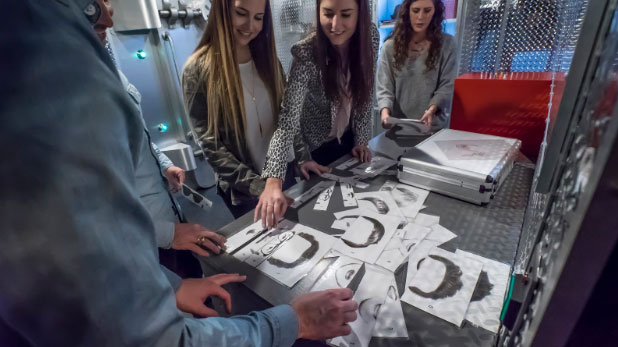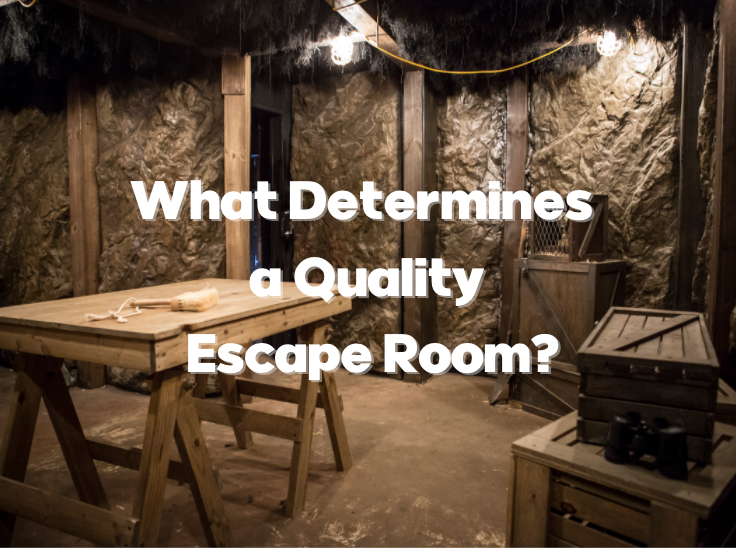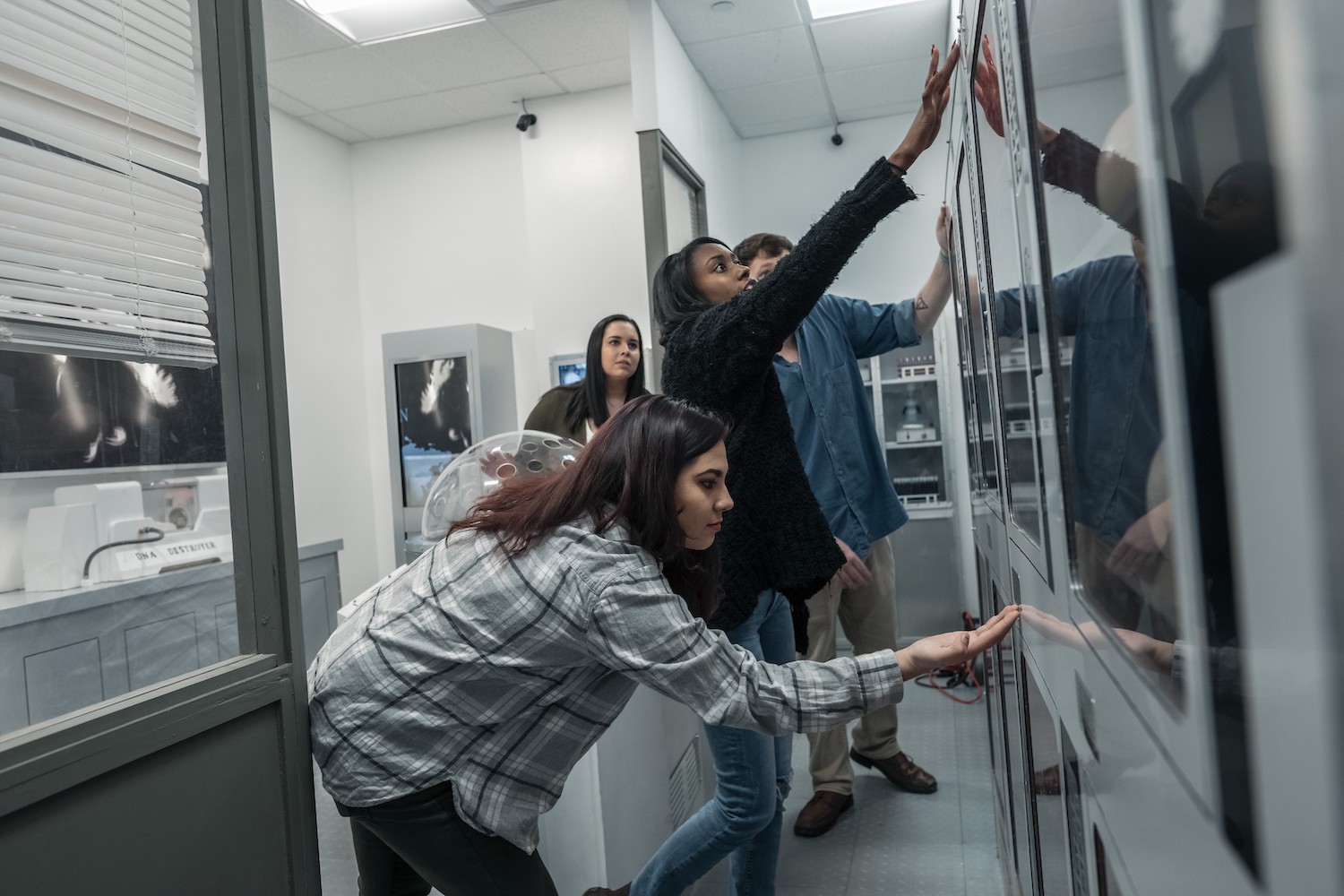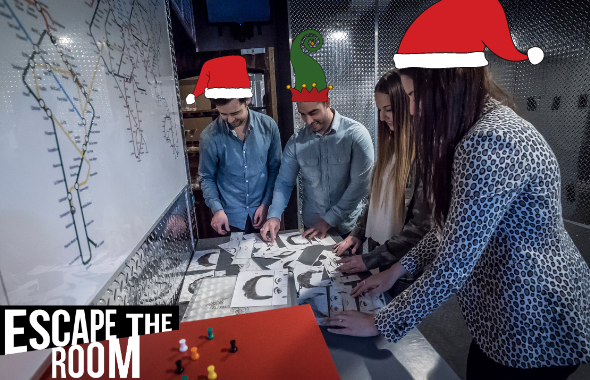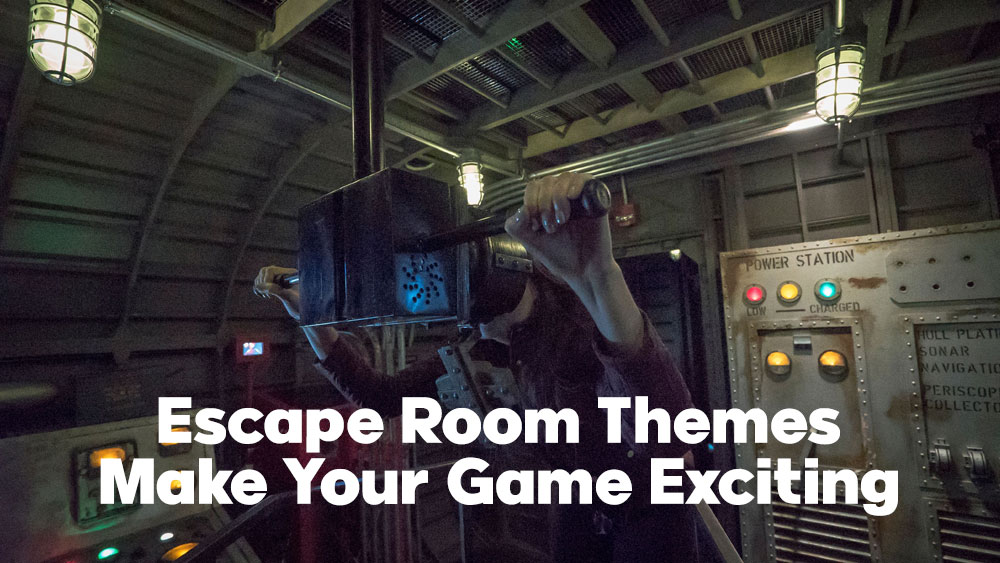The Brain Is A Muscle!
Not really, but it is an organ and organs benefit from use. Using the brain being good for the brain should be a — no-brainer and research seems to support it. Solving puzzles and beating escape rooms can strengthen connections between brain cells, increasing mental speed. Puzzle rooms can also change thinking, by forcing someone to think outside-of-the-box. But to do it, you have to do it.
Puzzles And Brain Health
Alzheimer’s and dementia patients have been observed to hold off cell damage to their brains by engaging in brain activity, which includes room escape puzzle solving. In fact there seems to even be a correlation between developing Alzheimer’s and years spent solving puzzles. Using your brain not only strengthens cells, but encourages the growth of new ones.
Improve Your Mood
By releasing dopamine during puzzle solving the brain is improving short-term memory, concentration, and literally motivating someone to continue working on the puzzle. All this improves mood and makes one feel good. So puzzles and escape games can have a beneficial effect on emotional health as well.
Not Just In Isolation
Working together to solve escape room puzzles has also been found to be beneficial to developing or strengthening relationships. Improvements in cooperation are crucial to group problem solving, whether it’s coworker groups or relationships. Workplace and home can benefit from escape room puzzle solving, where cooperation is crucial to success.
Not Just For Kids
Puzzles, escape room games, crosswords, sudoku, brain teasers all can be helpful in maintaining brain health in the elderly too. Keeping engaged with one’s environment as well as working the brain daily are vital to keeping the brain young; not just slowing the effects of Alzheimer’s or dementia, but in keeping memory, concentration and focus. Those games aren’t just for the kids nowadays!
